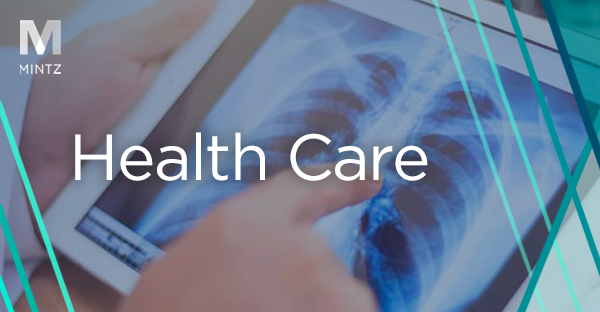First-of-its-kind Telemedicine Crime Summit: Highlights
The indictment, arrest and prosecution of Ruthia He, founder, CEO, and medical president of Done Global (Done), and David Brody, Done’s medical president and sole shareholder of Done Health, PC ( PC) about them. A charge of criminal conspiracy to distribute controlled substances, commit health care fraud, and obstruction of justice could bring intense scrutiny to the ethics of telemedicine companies and other health plans. The seven-count indictment represents the Department of Justice’s (DOJ’s) first indictments related to the telemedicine mandate. The defendants’ case is ongoing in federal court in the Northern District of California and several Done employees including the manager, doctor, and nurses are also being sued.
The Pandemic Era Reveals the Flexibility and Growth of the Behavioral Health Industry.
It was created and many other telemedicine companies focused on providing health services to patients were launched in 2019, just before the COVID-19 pandemic. Like other behavioral health companies, Done added a number of phone calls and policy changes announced by the Department of Health and Human Services and the Health and Human Services Administration. Drugs (DEA) during the public health emergency of COVID-19 and extended until December 31, 2024 (see our previous post here). In fact, government agencies ended the requirement that doctors and other medical professionals prescribe controlled substances only after an initial consultation with the patient.
DOJ charges
In the indictment, the DOJ alleges that during or about February 2020 through January 2023, PC doctors prescribed more than 40 million Adderall and other stimulants to Done subscription members. treat attention deficit disorder, a chronic neurodevelopmental disorder. . The indictment further alleges that Done engaged in a campaign of social media fraud and received more than $100 million in prescription income during that time.
As part of the criminal conspiracy to distribute controlled substances, the DOJ alleges that the defendants violated California’s long-standing prohibition against the practice of commercial medicine. In particular, he and Brody are said to have created the false impression that PC is an independent company. Instead, it is alleged that it has been improperly interfered with the medical decisions of PC prescribers, ultimately resulting in millions of prescriptions that are not supported by a valid medical plan. In particular, it is made clear:
- the patient’s first appointment is prescribed not to exceed 30 minutes;
- used short, incomplete clinical intake forms with little or no audio/video patient communication;
- instructed PC staff to administer Adderall and other stimulants even if not medically supported;
- implemented an “auto-refill” policy and met frustrated patients; and
- who are paid based on the number of patients who receive a prescription, with no charge for initial or follow-up consultations.
Regarding the compensation model, it is said that He used the structure to “encourage compliance.” Additionally, he and Brody allegedly caused PC physicians to prescribe patients in areas where the physicians were not properly licensed and licensed and in violation of state physician practice and cooperative laws. applicable to nurses. Additionally, He allegedly submitted claims and received payment from federal, state, and commercial insurers based on false prior authorizations, representations, and documentation (including patient medical records). which resulted in over $14 million in improper refunds.
In a conspiracy to obstruct justice due to two media reports of Done’s impropriety and a grand jury subpoena, He and Brody also hid and destroyed documents. Additionally, after receiving the subpoena, she and Brody refused to use Done’s email platform and instead communicated through private messaging platforms and email accounts— email.
Depending on the indictment, she and Brody face forfeiture and up to 20 years in prison. It has been publicly stated that the company does not agree with the accusations and intends to continue the process – including issuing orders for controlled substances.
Benefits and What to Expect in the Future
This first-of-its-kind telemedicine criminal decision underscores the importance of companies that provide administrative, management, and related services to professional organizations that refrain from interfering with medical decisions. of affiliated physicians – whether or not physicians prescribe controlled substances. To support independent decision-making, professional organizations should ensure that they have strong dietary guidelines, use patient conferences that are consistent with effective standards of care, and pay physicians based on non-reciprocal models. and the final production of the prescription.
Additionally, the DEA may consider this charge when revising regulations related to the use of telemedicine to prescribe controlled substances. As we mentioned in our previous post, doctors and other medical professionals are concerned that reducing the epidemic situation for prescribing controlled substances could reduce access to life-saving or life-changing medicines and disproportionately affects patients in rural and urban areas.
We will continue to monitor lawsuits, any enforcement actions that affect state federal operating laws, and administrative actions regarding the denial of controlled substances.
Subscribe to Viewpoints
#Firstofitskind #Telemedicine #Crime #Summit #Highlights
